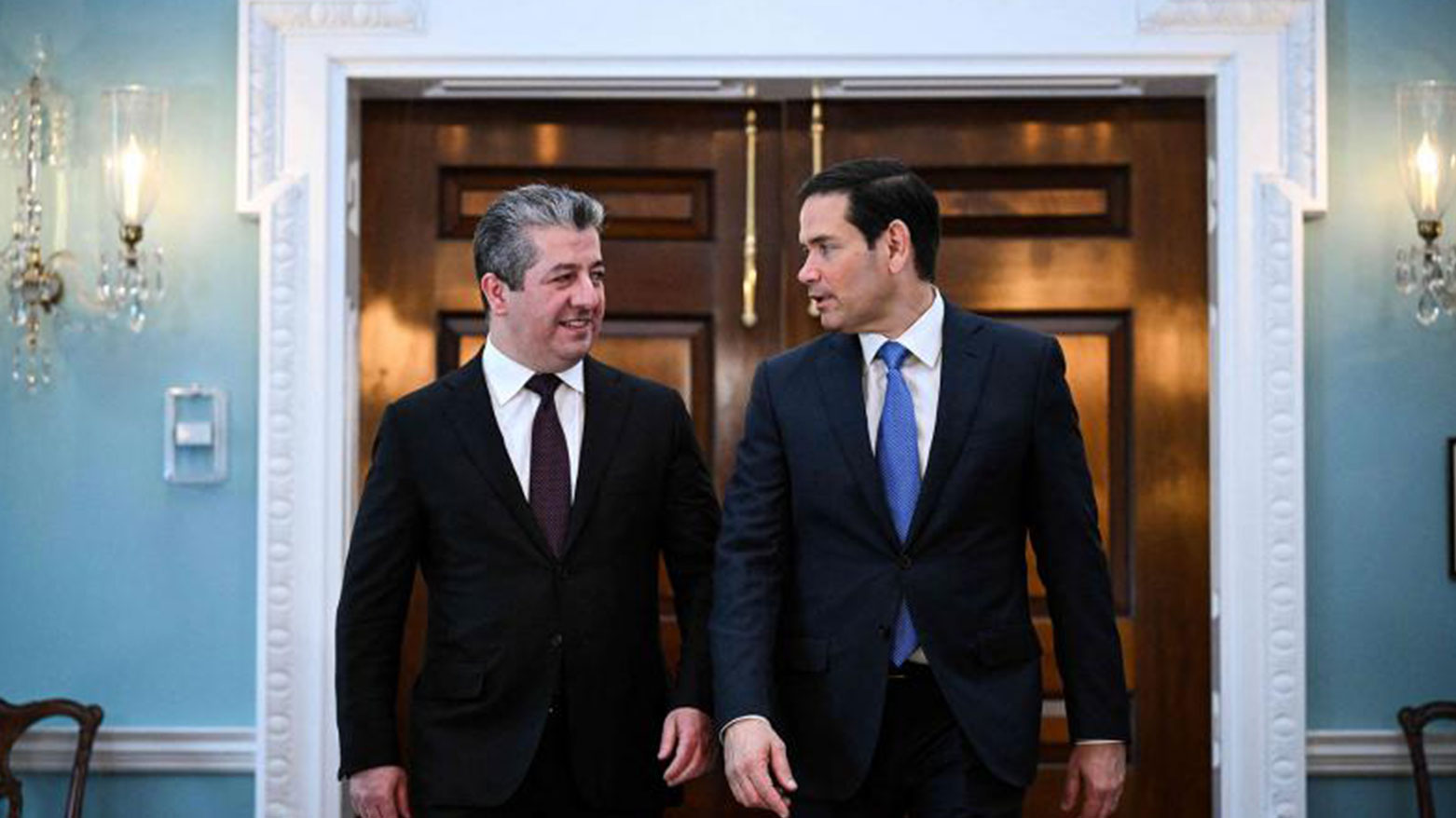
Hamdi Sanjari
writer
Iraq’s federal oil and gas law falls between constitutional texts and political disputes
We find ourselves facing a recurring scenario: a return to complications instead of solutions; conflict instead of understanding; suspicion instead of goodwill.

Once again, disputes are reigniting tensions, this time triggered by recent contracts signed by the Kurdistan Region with two American companies in the gas sector. The federal ministry of oil did not wait for the Kurdish delegation to return from Washington before raising concerns over the contracts and their economic viability, which initial reports in specialised outlets estimate may involve over $110 billion in joint investments in both conventional and renewable energy infrastructure.
Thus, we find ourselves facing a recurring scenario: a return to complications instead of solutions; conflict instead of understanding; suspicion instead of goodwill and assumptions instead of constitutional recourse. The pressing question remains: how long will the citizen continue to be the sole victim of these ongoing conflicts?
Roots of the crisis
To understand the roots of the crisis, one must go back to the 2005 Iraqi Constitution, which was approved by millions in a public referendum and was the result of extensive negotiations and consultations between political leaders, constitutional and economic experts and international advisors, including the UN mission (UNAMI).
Due to the sector’s importance, oil was not included in the exclusive federal powers listed in Article 110 and placed instead in specific provisions, Articles 111 and 112. This marked a departure from the central approach of the 2003 Law of Administration for the State of Iraq for the Transitional Period, which had granted the interim government exclusive authority over natural resources, as outlined in Article 25/e.
Article 111 states that “oil and gas are the property of all the Iraqi people in all the regions and governorates,” a formulation that affirms collective ownership without settling the mechanism of management.
Article 112 specifies roles, granting the federal government authority to manage only “current fields “, those already producing at the time of the Constitution’s adoption, in cooperation with regional and governorate governments.
Here, the term “present fields” plays an essential role in interpreting the constitutional text. It was not included by chance; according to the records of the Constitution Drafting Committee, revealed later in media interviews by several of its members, fields discovered after 2005 fall under the jurisdiction of local or regional governments.
Paragraph two of Article 112 adds that “the federal government, with the producing regional and governorate governments, shall together formulate the necessary strategic policies ” related to oil and gas, without granting it the authority to manage which is an important distinction emphasised in legislative sessions and subsequent legal challenges, including the ruling by the Federal Supreme Court in February 2022, which deemed the Kurdistan Region’s Oil and Gas Law unconstitutional. This decision sparked considerable political and public debate in the Kurdistan Region.
Article 115 adds another dimension by stating: “In case of dispute “between federal and regional laws, the regional laws shall have superiority in matters not exclusive to the federal government. This principle is reiterated in Article 2/6 of the amended Law No. 21 of 2008 on governorates not organised into a region.
Despite the Constitution’s clear requirement to enact a federal oil and gas law for managing current fields, this law has remained suspended since 2007 due to political disagreements, despite repeated efforts by the Kurdistan Regional Government to advance it through negotiation channels. This has been corroborated by official correspondence leaked by parliamentary sources in recent sessions.
It is also noteworthy that this issue does not affect the Kurdistan Region alone, it extends to all producing provinces, including Basra, Dhiqar and Maysan. Article 112 grants these provinces similar rights to manage their resources, indicating that any solution must be comprehensive and balanced.
Iraqi Elections
With the Iraqi elections scheduled for October 2025, unexpected campaigns have emerged targeting the recent gas contracts signed between the Kurdistan Regional Government and the American companies HKN Energy Ltd and Western Zagros, raising many questions about them. These matters, which were previously handled through dialogue and institutions, are now being exploited through media and dragged into the courts, clearly indicating their use as tools for electoral propaganda.
This is where the real danger lies: involving strategic economic issues in political conflict does not just harm one side, it causes direct damage to Iraq’s national interests as a whole.
The contracts signed with the two American companies are not solely beneficial to the Kurdistan Region; they carry a national dimension that could boost investor confidence in Iraq and contribute to the development of gas infrastructure, directly improving electricity production. In this context, Prime Minister Mohammed Shiaa al-Sudani recently stated during a meeting with tribal leaders that Iraq will soon need to import gas from abroad to meet its electricity needs. This presents a striking contradiction: how can we reject domestic gas development initiatives while preparing to rely on imports?
Hence, the contracts signed by Kurdistan Region Prime Minister Masrour Barzani gain exceptional importance, not only because they represent a significant investment opportunity, but also because they reflect a strategic vision that could spare Iraq costly and short-term solutions. Barzani emphasised during his recent visit to Washington that these agreements will benefit all Iraqis, not just the region. This perspective deserves to be discussed rationally, away from the noise of election campaigns.